Dickinson’s Oldest Throuple
In October, the Drinkinsonian uncovered evidence in the Dickinson College archives that detailed a torrid, long-lasting love affair between Benjamin Rush, the College’s founder, and John Dickinson, its namesake.
As the Drinkinsonian revealed then, the two left behind a number of homoerotic and suggestive letters dating from the year they met in the Continental Congress in 1776 to John Dickinson’s death in 1808. The two of them dedicated their lives to each other, and it was upon these principles of deep homosexual attraction that the College was founded, a legacy which informs the College’s mission today.
But what is even more intriguing and shocking than the revelations that the Drinkinsonian previously uncovered, is that which has even more recently come to light: newly uncovered documents suggest that not only did Mr. Rush and Mr. Dickinson have a deep and meaningful relationship with each other that spanned their entire lives, but that both men separately had just as equally intense relations with different, perhaps even more notorious founding father: the one and only Thomas Jefferson.
There is much evidence to indicate this. In 1775, Thomas Jefferson spent weeks “consulting” at John Dickinson’s Fairhill estate outside of Philadelphia. Though it is widely known that during this time the two collaborated on writing a document titled “A Declaration by the Representatives of the United Colonies of North America now met in Congress at Philadelphia setting forth the Causes and Necessity of their taking up Arms” that would ultimately influence Thomas Jefferson’s arguments in the Declaration of Independence, it turns out that that document was not the only thing the two of them collaborated on.
John Dickinson is known as the “Penman of the Revolution,” but new findings from Thomas Jefferson’s private diaries indicate that the exploits of our college’s namesake make him a truly outstanding example of nominative determinism. The two remained close for a very long time thereafter.
There is also nothing to indicate that their relationship was hindered by John Dickinson’s relations with Benjamin Rush beginning the following year. In fact, Thomas Jefferson evidently took an equal shining to the man. Letters between Rush and Jefferson date through to the early 1800s. Though there is less specific evidence to suggest a romantic relationship between the two in contrast to each of their relationships with John Dickinson, it is very much implied. The letters they wrote to each other indicate a strong emotional and intellectual connection, with both men being in perfect agreement on all manners of philosophical questions and theories, and appearing to (to use the modern term) “fangirl” over one another’s accomplishments and ideas.
What is interesting, however, is that no information we have about these men’s affairs with each other indicates that any of them knew about the nature of the relationship between the other two. Whatever the case may be, though, it is sure that they all had beautiful, loving relationships with one another, the impact of which has stood the test of time and inform the mission of Dickinson today.
“We are always striving to honor their love for each other,” President Junie B. Jones told the Drinkinsonian. “There is nothing more important or beautiful than homosexual adoration, which I have always strived to support, even before I returned to the College as its president.” Jones famously ruled the Pennsylvania ban on gay marriage unconstitutional during his time as a federal judge.



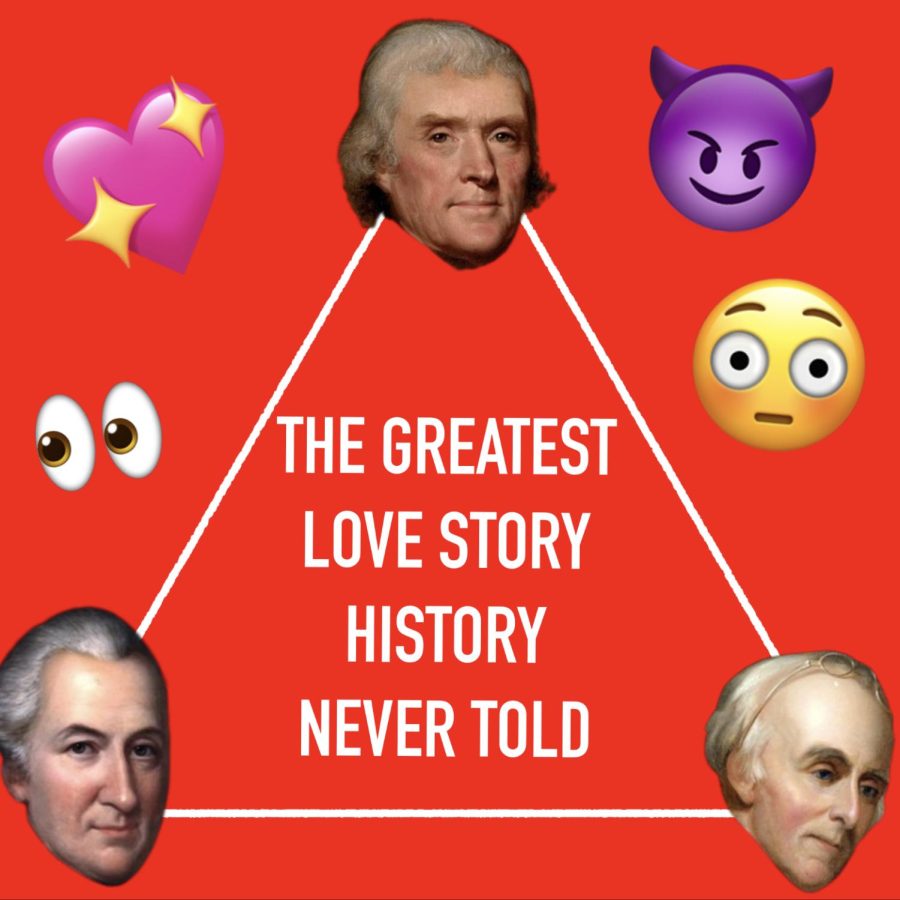
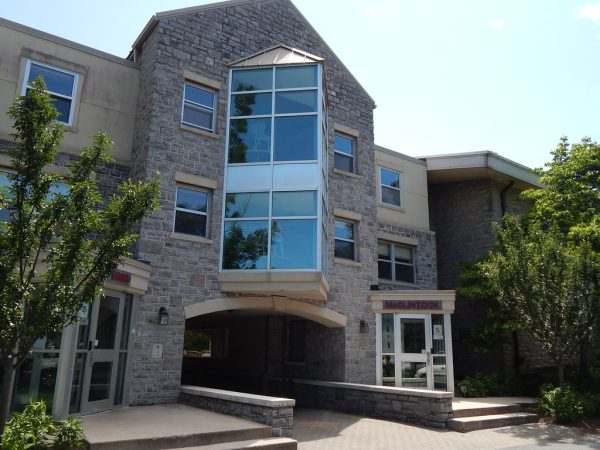
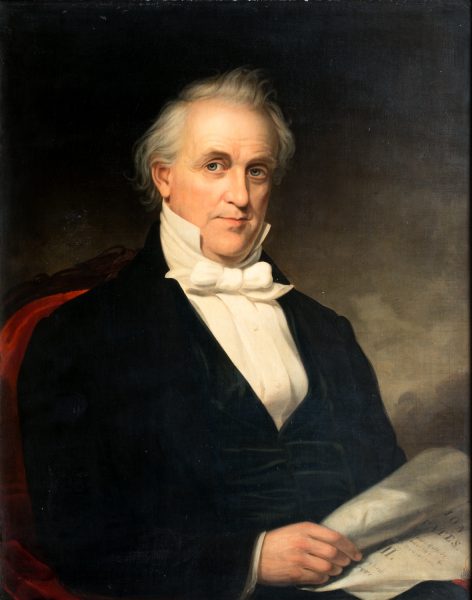
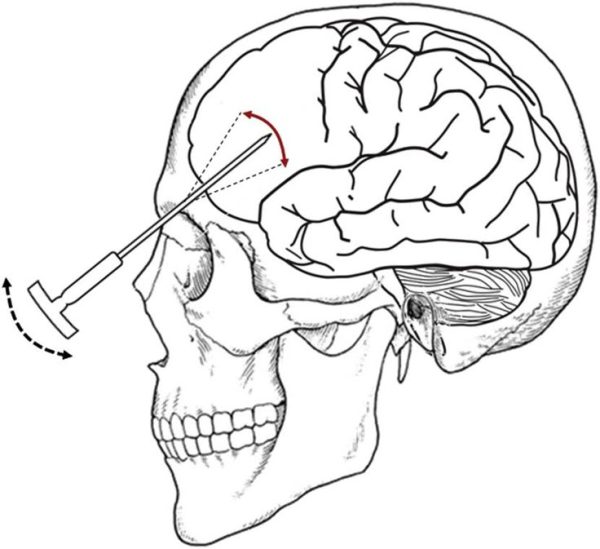
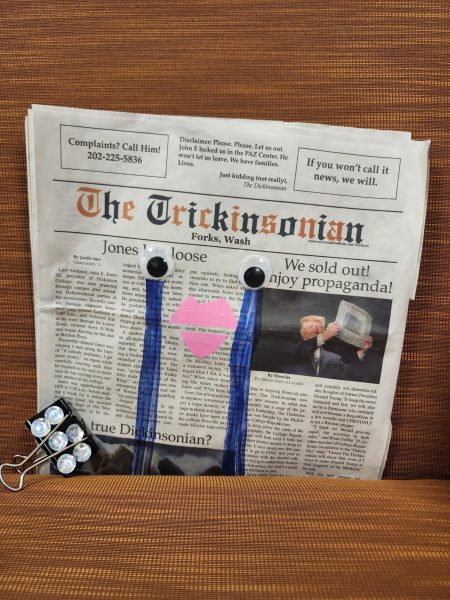

John • Nov 2, 2023 at 2:29 pm
Yo is this real